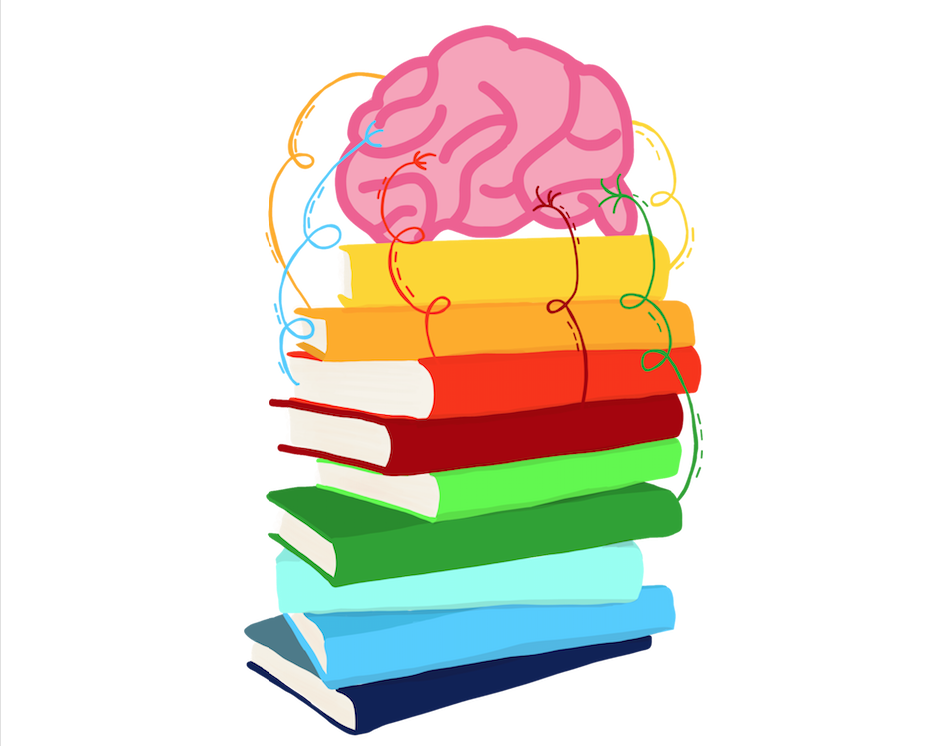Harriet Beecher Stowe’s novel “Uncle Tom’s Cabin” is perhaps one of the most important books in American history. Enraged by the injustices perpetrated against African American slaves and laws that would require American citizens to report and return escaped slaves, Stowe penned the novel as an allegory for then-current societal conditions.
Both northern and southern Americans were outraged by this book for opposing reasons — so outraged, in fact, that it eventually became a major contributing factor leading to the outbreak of the Civil War. Allegedly, upon meeting Stowe, Abraham Lincoln said, “So you’re the little woman who wrote the book that made this great war.”
Though the Civil War led to numerous American deaths, it also served an important purpose: the end of slavery. A book caused millions of Americans to so empathize with the slaves’ condition that they began a war to win their freedom.
How is this possible? How can a book — a made-up story, for that matter — incite so many people to such dramatic action? Surely no logical person could ever be influenced by what is essentially an artful lie.

The reality is that stories, both fictional and nonfictional, have more power over us than we consciously realize. If you were to stumble upon someone weeping while reading a book or watching a film, you wouldn’t ask them what’s wrong. You would likely assume whatever they’re reading or watching is emotionally impactful, never mind how illogical a concept may seem.
Throughout history, novelists such as Leo Tolstoy and John Gardner have argued for the moral benefit of fiction. George Eliot argued that one of fiction’s main jobs is to “enlarge men’s sympathies.” It was only recently, however, that their theories were proven by science.
Psychologist Keith Oatley conducted extensive research on the psychology of fiction and found Eliot’s claim stood the test of science. Oatley found through his research that heavy fiction readers outperformed heavy nonfiction readers in tests of empathy, even after controlling for those who naturally gravitate more toward fiction. According to Oatley, fiction’s purpose is “making the world a better place by improving interpersonal understanding.”
Dr. Paul Zak, an American neuroscientist and prolific author, provides answers as to why fiction is so powerful. After two decades of extensive research on human emotion and connection, Zak concluded that well-told stories will elicit emotional responses in receivers that will increase their capacity to empathize and connect with their fellow humans.
What constitutes a well-told story? According to Zak, a story that follows what German novelist and playwright Gustav Freytag dubbed the “dramatic arc” will usually generate an emotional response.
You’ve likely heard of this in your English class. Starting with exposition, the dramatic arc includes rising action, a climax, falling action and denouement. Zak stated that stories following this model will provoke two emotions in their consumers: distress and empathy.
In turn, these emotions produce important chemicals in the brain. Distress produces cortisol, which focuses our attention on something important. The more distress we feel, the more cortisol we release, and the closer attention we pay to whatever we’re reading or viewing.
In turn, empathy produces oxytocin, which is associated with care and connection. The more oxytocin is released, the more we feel empathic toward whichever character might be experiencing distress.
After reaching these results, Zak gave the individuals in his test group the opportunity to share the participation money they gave them with a stranger. Using a brain scan of these individuals, they discovered those who had produced more oxytocin were more willing to give away their money.
Zak’s experiment boils down to one simple but powerful statement: Consuming fiction actually changes our brain chemistry. This release of oxytocin makes people more likely to feel empathy toward their fellow humans and do more good in the world.
Fiction’s purpose is to create empathic, compassionate individuals. Storytelling is one of the world’s oldest mediums and, also, one of its most important. To be a storyteller is to actively improve the human condition, which in turn makes our world a better place to live.
Now, go read a book.



















